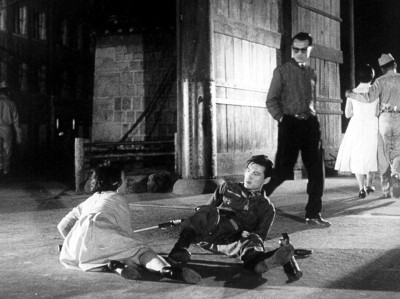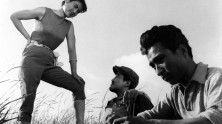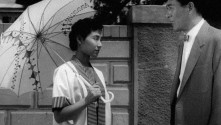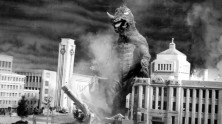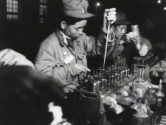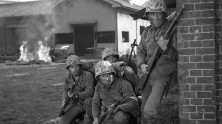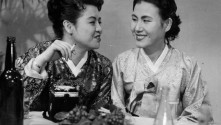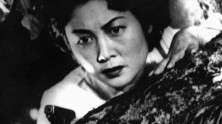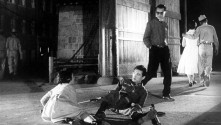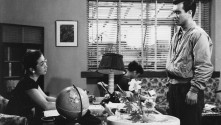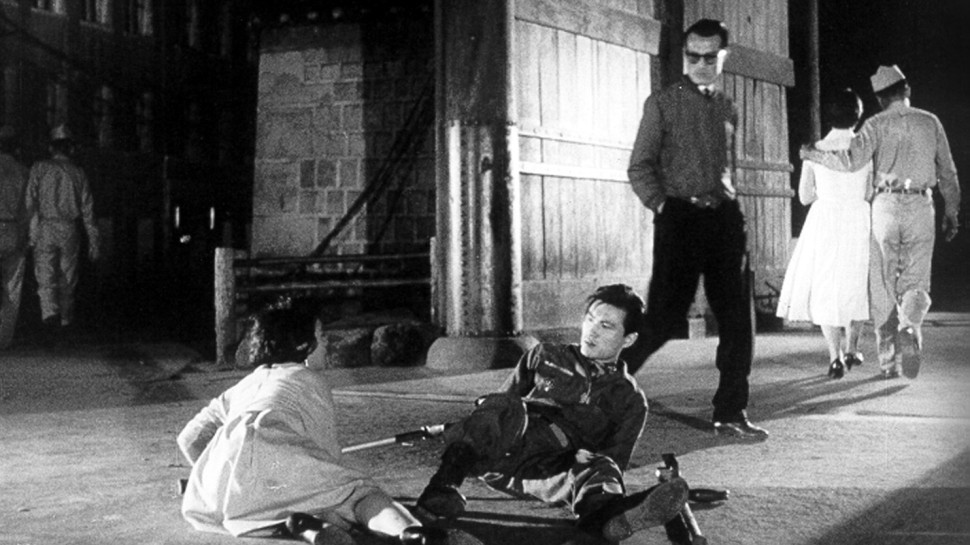
Aimless Bullet
(Obalt'an)
With Kim Chin-gyu, Ch'oe Mu-ryong, Mun Chong-suk.
South Korea, 1961, DCP, black & white, 110 min.
Korean with English subtitles.
DCP source: Korean Film Archive
The filmography of Yu Hyun-mok is inseparable from the Park Chung-hee government’s promotion of literary adaptations, or “literary film” (munye yonghwa). While the notion already existed in colonial Korea, it started to be concretized as a pragmatic category in the 1960s to enhance South Korea’s image worldwide. Consequently, these films also functioned as a way for many filmmakers to artistically and critically experiment with less pressure of commercial success.
Yu’s masterpiece Aimless Bullet was also a cinematic recreation of the homonymous novel by Yi Pom-son. The novel’s storyline of the tragedy of a displaced family from North Korea living in Seoul after the Korean War resonated with Yu’s personal story of defecting to South Korea in 1946. Adding emphasis to the miserable life of Korean War veterans, Aimless Bullet delves into the post-war trauma hovering around the ostensibly dazzling Seoul, which disorients each member of the devastated family per the film’s title. Because of its dreary ambience and sharp criticism of Korean society, the film was initially banned by the government in 1962, but as the film advanced to the finals of the San Francisco Film Festival in 1963, the ban was lifted that same year. The fact that Yu continued to produce critically acclaimed literary films while spearheading the experimental film movement in South Korea from the mid-1960s demonstrates the counterintuitive compatibility between institutionally governed film and artistic experimentation in South Korea.
